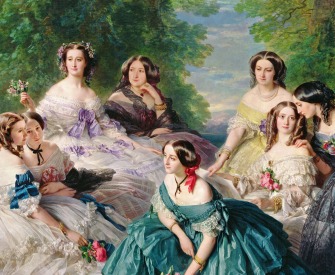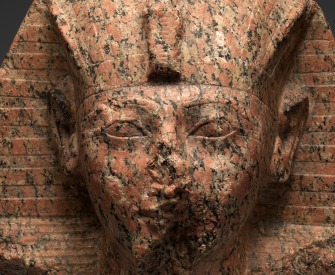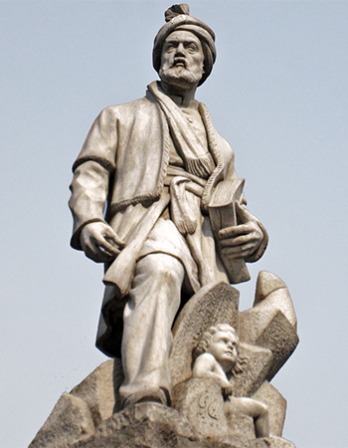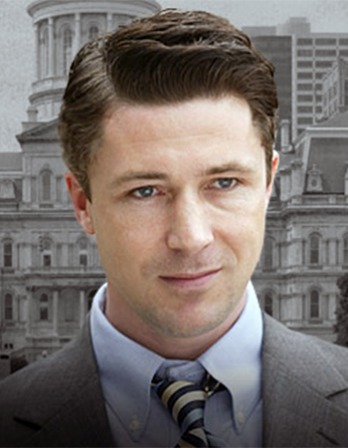I do assure you there is no prince who loves his subjects better, or whose love can countervail our love. There is no jewel, be it of never so rich a price, which I set before this jewel: I mean your love. For I do esteem it more than any treasure or riches; for that we know how to prize, but love and thanks I count invaluable.
And, though God hath raised me high, yet I count the glory of my crown that I have reigned with your loves. This makes me that I do not so much rejoice that God hath made me to be a queen, as to be a queen over so thankful a people. Therefore, I have cause to wish nothing more than to content the subject; and that is a duty which I owe. Neither do I desire to live longer days than I may see your prosperity; and that is my only desire. And as I am that person that still yet under God hath delivered you, so I trust, by the almighty power of God, that I shall be his instrument to preserve you from every peril, dishonor, shame, tyranny, and oppression; partly by means of your intended helps, which we take very acceptably, because it manifesteth the largeness of your good loves and loyalties unto your sovereign.
There will never queen sit in my seat with more zeal to my country, care for my subjects, and that will sooner with willingness venture her life for your good and safety, than myself. For it is my desire to live nor reign no longer than my life and reign shall be for your good. And though you have had and may have many princes more mighty and wise sitting in this seat, yet you never had nor shall have any that will be more careful and loving.
From a speech. Elizabeth delivered this oration, subsequently known as the Golden Speech, on November 30, 1601, before 140 members of the House of Commons. The queen had been expected to address financial matters, but she surprised her audience by revealing it would be her last Parliament and, in turn, expressing her love for her subjects and her country. She died sixteen months later. According the royal chaplain, Dr. Henry Parry, Elizabeth I “departed this life mildly, like a lamb, easily like a ripe apple from the tree.”
Back to Issue





